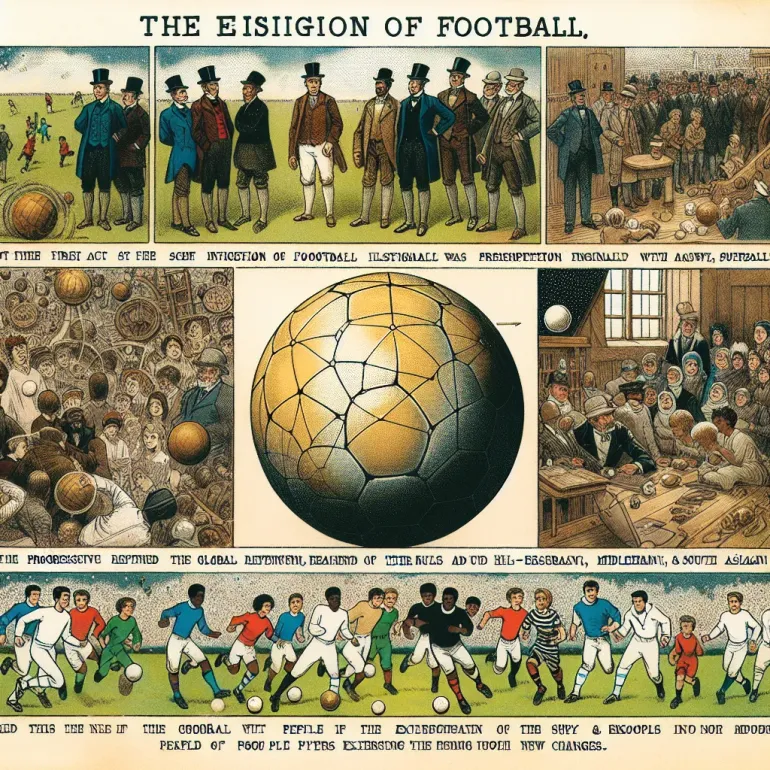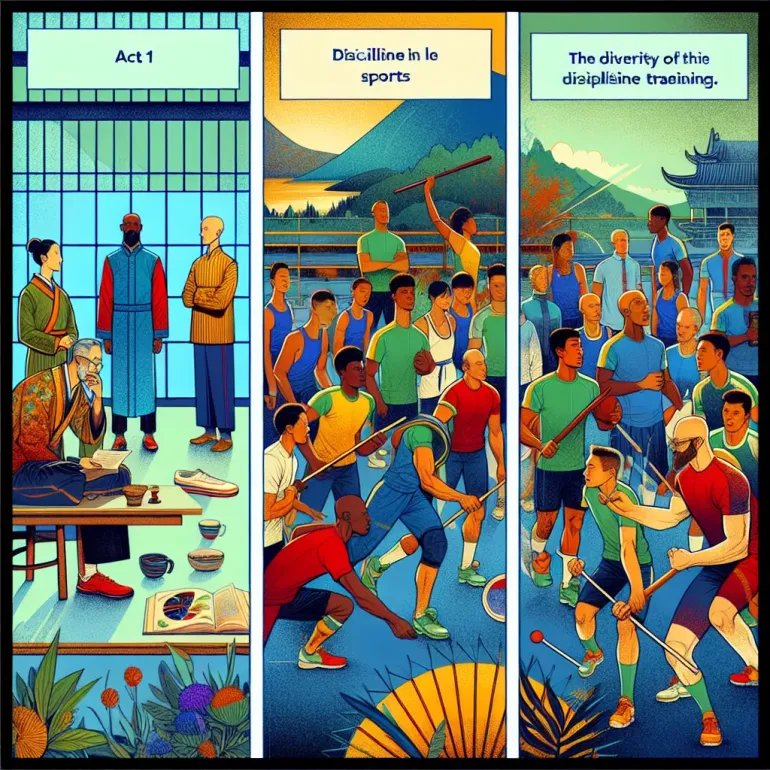В современном обществе понятие семьи приобретает всё более разнообразные формы. Вместе с этим меняется и
Теннис — это не просто спорт; это целая культура, где каждый матч наполнен эмоциями, страстью и
В мире спорта существует множество стратегий и тактик, которые команды и отдельные игроки используют для
В мире спортивных ставок выбор правильного инструмента может стать решающим фактором между победой и
В мире тенниса, где каждое очко может изменить ход игры, счет 6:6 является символом напряжения и
Футбол — это не просто игра, это целая вселенная, полная страсти, драмы и непредсказуемости. Для многих из
Футбол — это не просто игра, это страсть миллионов людей по всему миру. Он объединяет, вдохновляет и
В мире профессионального спорта и активного образа жизни дисциплина является ключевым фактором, который
Видеоигры стали неотъемлемой частью современной культуры и индустрии развлечений. С момента появления
Дзюдо и самбо — это два уникальных боевых искусства, которые имеют свои корни в разных культурах, но















